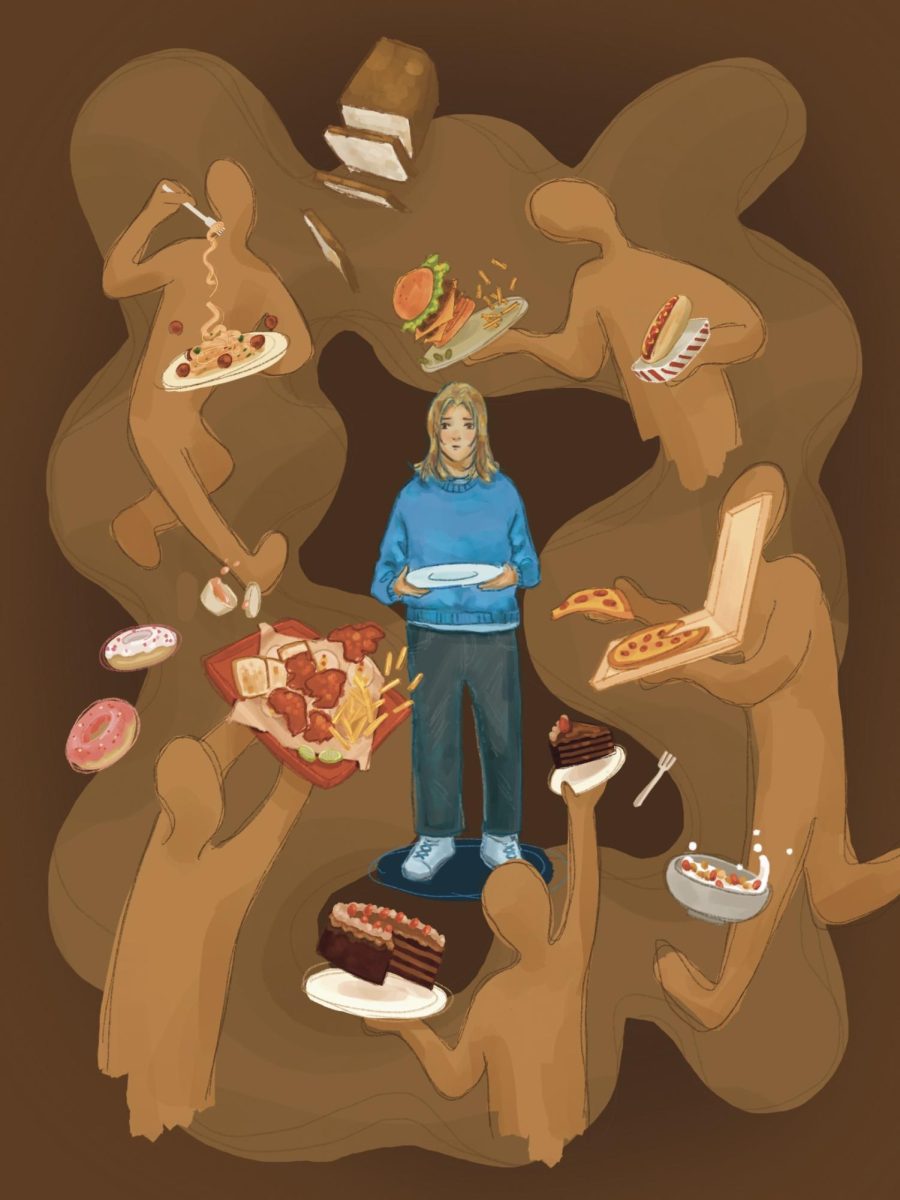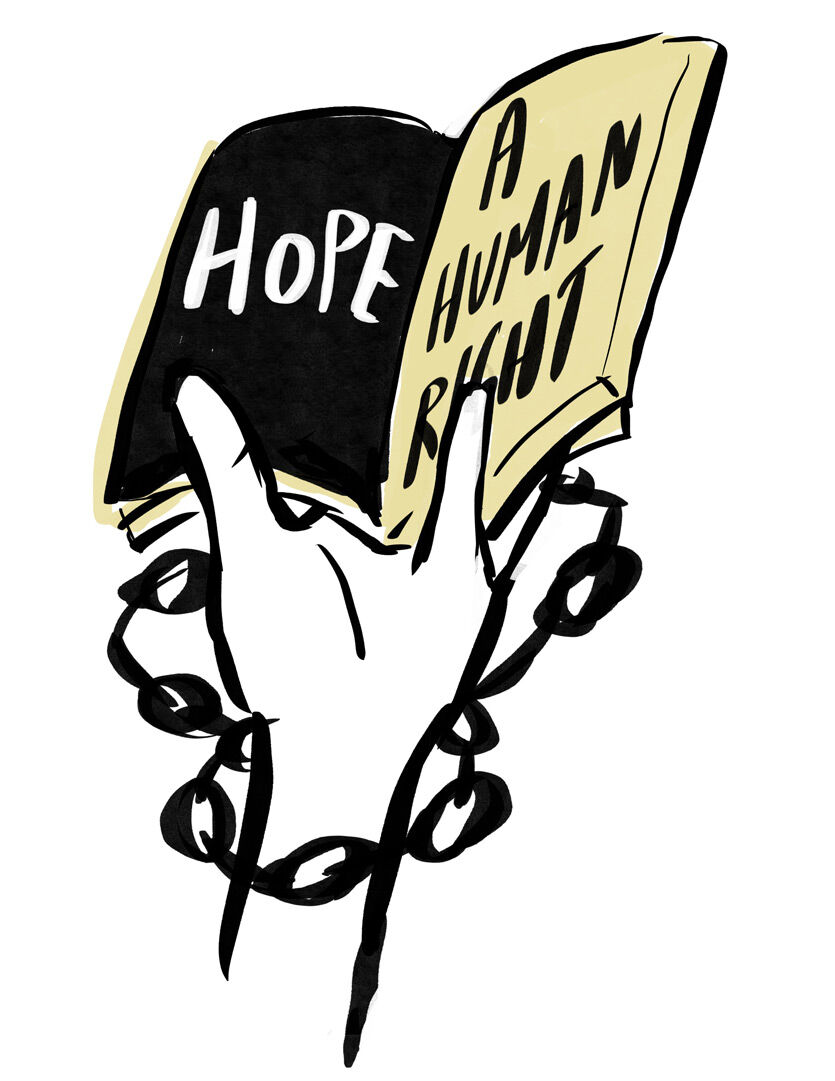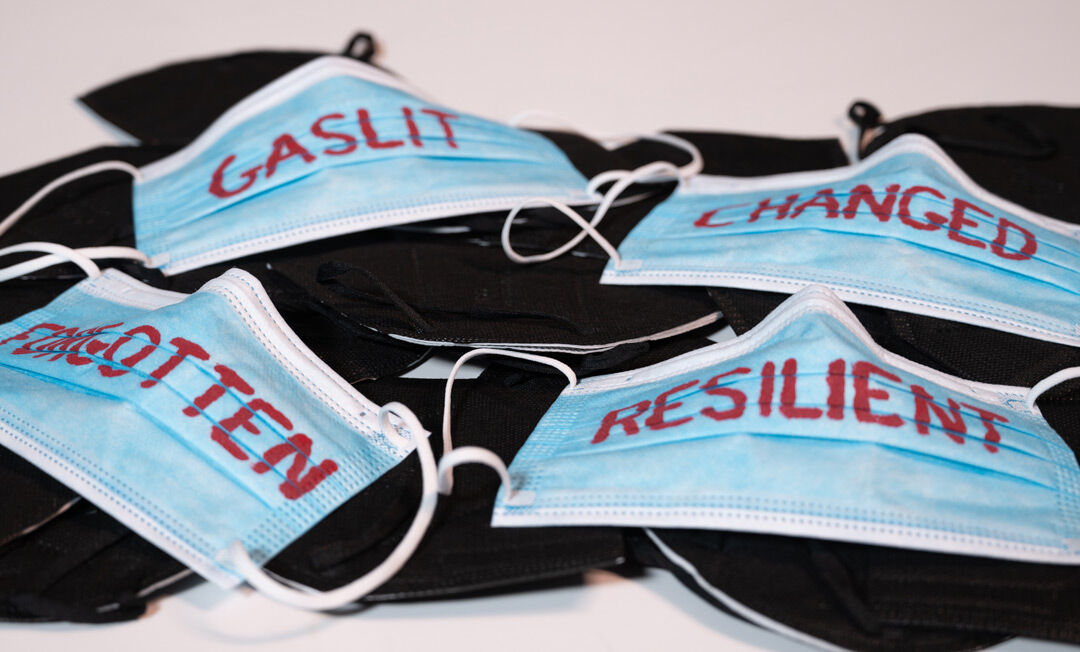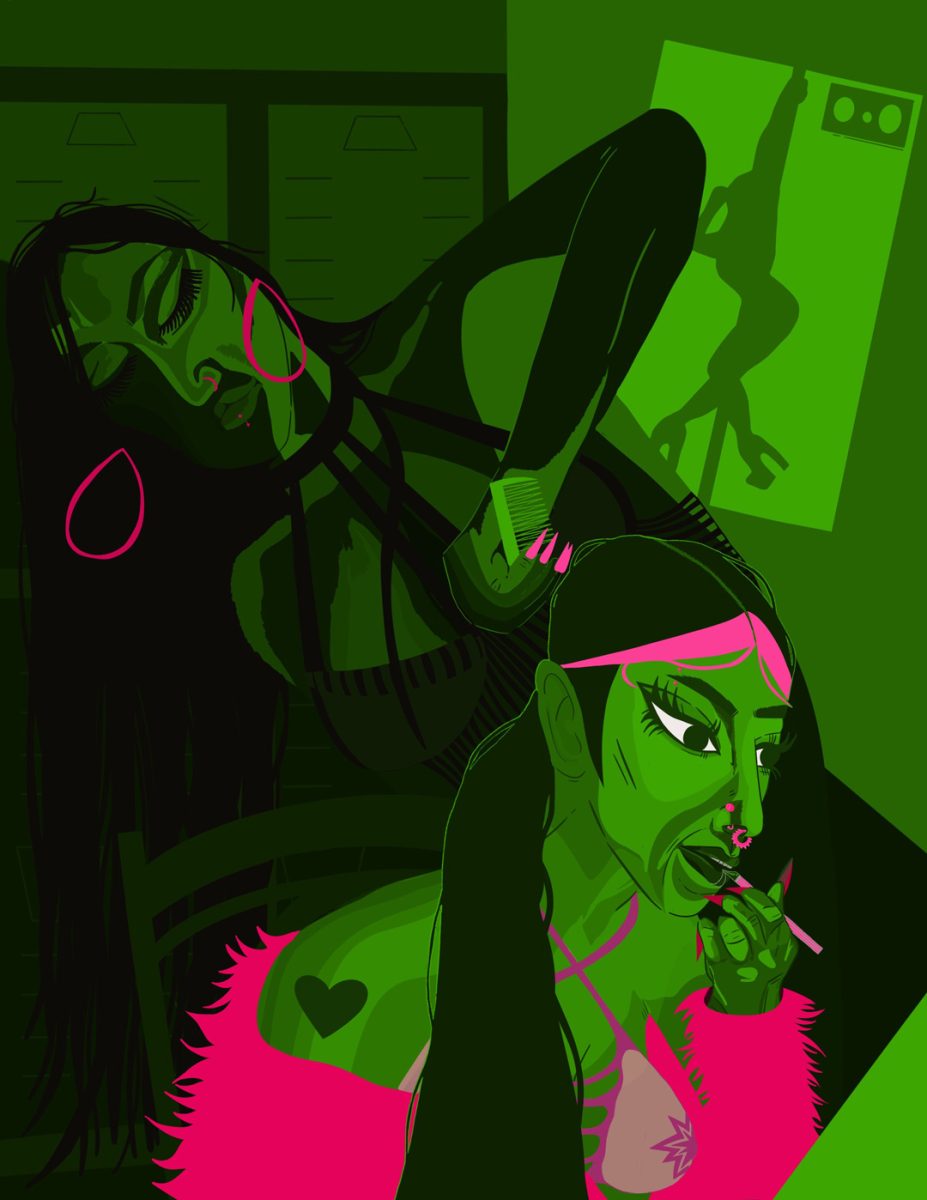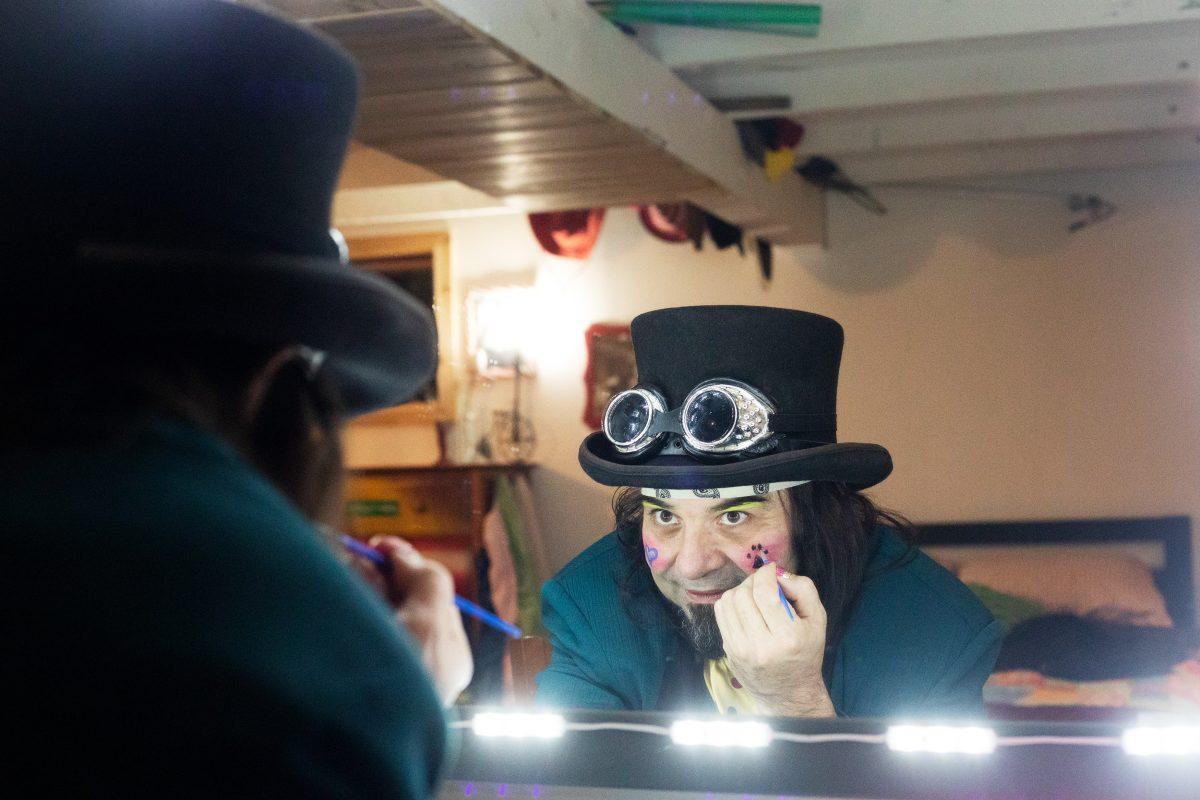I remember a conversation with a close friend, where we debated the nuances of desire — what it means for a woman to want, to act — unapologetically. As she spoke, I found myself struck by a thought: Why does the mere expression of our desires feel like a disruption?
A 2017 study in the Journal of Experimental Social Psychology found that men often feel threatened by women in power, especially when their own status is challenged. Their masculinity is tied to their sense of control, and when that’s in jeopardy, it leaves them uneasy. It’s a challenge they don’t know how to navigate. And that tension is reflected in how society views women in positions of authority. Women in power are often seen as less likable than their male counterparts. In fact, research from an Oxford study in 2022 shows that when women act assertively, they’re labeled as “bossy” or “aggressive,” while men who exhibit the same behaviors are seen as “confident” and “competent.” It’s a double standard that goes beyond just personality — it’s about a system built to make sure power stays in the hands of men.
Society has drawn these narrow lines between the Madonna (the saintly good girl) and the Whore (seductive but not dateable), asking us to choose between purity and penalty. Yet when we step outside those roles, when we claim our own autonomy, it feels as though we are challenging an unspoken order — one we never agreed to, but have always been subjected to.
Freud’s theory of the Madonna-Whore Complex says that “the inability to maintain sexual arousal within a committed and loving relationship,” is a phenomenon born from a man’s tendency to split women into two opposing archetypes: the pious Madonna or the debased whore. The theory felt distant at first, like something out of an old psychology textbook, the kind of idea we tell ourselves we’ve outgrown. But the longer I sat with it, the closer it edged toward something uncomfortably familiar.
Because here’s the truth: Because here’s the truth: for many men, a woman’s desire becomes a mirror they’d rather not look into. It forces them to confront their passivity — their hesitation, their need to be the one pursued, admired and in control. In that confrontation, they falter. They shrink back — not out of malice, but out of an unease with the reflection staring back at them.When she takes the lead, when she owns her desire, he falters—caught between confusion and insecurity. ‘I don’t know what to do when you’re in control,’ he admits, as though her confidence somehow threatens his masculinity.
The Madonna-Whore complex isn’t truly about women—it’s about men’s discomfort with the blurring of desire’s boundaries. It’s about the fear that when a woman asserts her choice, it disrupts the fragile balance of power and control they’ve always known.
The Madonna-Whore Complex is not a relic of the past; it is a living, breathing part of how women are seen today. But we can change that. We can rewrite the narrative. We can own our desires, our bodies and our voices without fear, without apology. And we can make space for others to do the same. Because when we do, we not only change how we are seen, but we also change how the world sees all of us — not as either/or, but as complex, multifaceted beings deserving of autonomy and respect in every aspect of our lives.
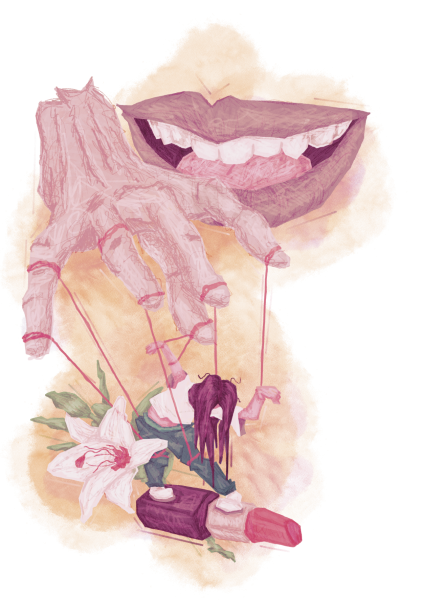
Although I only mention heterosexual relationships here, it’s important to note that this conflict plays out in many forms — across sexual orientations, gender identities and relationship dynamics. The Madonna-Whore Complex is not exclusive to any one kind of relationship. It is a broader societal pattern that touches us all.
For men who internalize these dichotomous ideas, a woman’s active sexual desire can be jarring. It forces them to confront their discomfort with the breakdown of rigid, society-imposed boundaries, exposing the absence of truth in these constructs.
When a woman’s desire steps outside the boundaries of purity and virtue, her autonomy becomes threatening. It triggers guilt, confusion, and insecurity in him. He may no longer view her as virtuous, or he may feel unsettled by her ability to pursue her own desires — or even his.
Another contour of this is the increasingly politicized religious agenda of the current administration. Policies surrounding women’s bodies and desires have become battlegrounds for moral debates, with women’s autonomy often painted as something to be policed and controlled. The Madonna-Whore Complex, then, transcends individual relationships, mirroring broader societal tensions surrounding gender, autonomy, and power. As women push against the boundaries once imposed on them, categories like ‘pure’ and ‘virtuous’ seem increasingly outdated, reflective of ideals that no longer hold sway in a changing world. This plays out in the political sphere, from challenges to Roe v. Wade and potential threats to Obergefell v. Hodges, to legislation limiting access to contraception and the legal recognition of trans and nonbinary individuals. In each case, women’s and marginalized genders’ rights are being contested, revealing the deepening conflict between societal progress and regressive attempts to reclaim control over the narrative of autonomy.
Women are asked to bend and soften, to temper their desires into something more manageable, something less threatening. I thought about how Freud’s theory might have evolved, how the dichotomy it describes might feel less like a relic and more like a faint but persistent hum beneath the surface of modern relationships. The names have changed, but the roles remain the same.

In the progress towards equality, women have made significant strides, yet the social pressures imposed by patriarchy continue to govern them. In the evolving landscape of gender equality, what we often see is not true parity but rather an expansion of duties — echoing the idea of the “second shift.” As women have gained access to more professional opportunities and public recognition, they’ve simultaneously been expected to carry an even heavier load in the domestic and emotional spheres. This so-called “equality” has not dismantled the patriarchal structures but has instead adapted them, placing more responsibility on women while leaving the original power dynamics intact.
The story we’re telling isn’t really about women. It’s about men.
It’s about the fragility of masculinity that still relies on being the one who decides what happens next. The one who wants, the one who chooses. Your desire, as a woman, disrupts that. It’s not supposed to be yours to wield, and when you do, it leaves them unsteady, unsure of their footing. And that discomfort? It doesn’t stay in the intimate spaces of relationships. It weaves its way through everything. It’s the way society frames women’s roles in every sphere of life.
In the workplace, politics, art, and culture, the same undercurrent remains: women are celebrated for their strength until that strength disrupts the status quo. Praised for their ambition yet expected to temper it with humility. The Madonna-Whore Complex, it seems, was never just about sex — it’s a lens through which we police femininity itself. It’s a framework that insists women exist within carefully drawn boundaries, their power always conditional, always harnessed.
When a woman steps outside those boundaries — by expressing desire, claiming authority, or refusing to make herself smaller — she threatens the delicate equilibrium society has built around her. The discomfort she creates isn’t just about her; it’s about what she reveals. That the rules are arbitrary. That the roles are contrived. That the balance of power is as delicate as the masculinity that depends on it. And so, the backlash comes — sometimes subtle, sometimes violent — but always aimed at restoring order, at forcing her back into the shape she was never meant to fit in.
When Roe v. Wade was overturned on June 24, 2022, it exposed how fragile the illusion of sexual liberation is. The protection of Roe v. Wade was rooted in reproductive freedom. The rights we were told we had, the freedoms we believed were ours to hold, turned out to be conditional, and the world watched as the mask slipped away, replaced by a system that oppresses the very freedom it claims to protect. It felt eerily familiar, a reflection of the same fear that fuels the Madonna-Whore Complex: the need to control, to categorize, to ensure women remain either exalted or condemned —- but never free.
Restricting healthcare — particularly reproductive care — reinforces this divide. women to a binary that is as deceptive as it is enduring. It’s not about morality or medicine. It is about control, a quiet but calculated way of ensuring women stay in their place, whichever place has been chosen for them.
This prevention mimics every story we are told about these two types of women. On one side, there is the sanctified ideal — women as vessels of purity and motherhood, their bodies reserved for creation and sacrifice. On the other, the punished transgressor — the woman who dares to take ownership of her body, her choices, her sexuality. Both roles are rigid, and suffocating — neither leaves room for autonomy.
In the end, the question isn’t about whether we as women should express our desires, claim our autonomy or seek out the power that is rightfully ours. The real question is how long we will allow this binary, this fragile narrative of control, to govern our lives.
When we are brave enough to step outside the neatly defined boxes — when we assert our right to desire, to take, to want — we remind the world that these categories, these boundaries, are nothing more than societal constructs designed to keep us subjugated.
We reveal the artifice beneath the surface. We expose the way power is maintained by policing our bodies, our voices and our choices. And in doing so, we challenge not just the roles that have been imposed on us, but the very structures that support them. So, let us be the disruption.
For in the end, freedom isn’t just about escaping the boundaries — it’s about dismantling them altogether.





![[Photo Courtesy of the Lara Family]
Ruben embraces his beloved childhood goat, Katrina.](https://ethos.dailyemerald.com/wp-content/uploads/2025/05/katrina-1-1060x1200.jpg)



